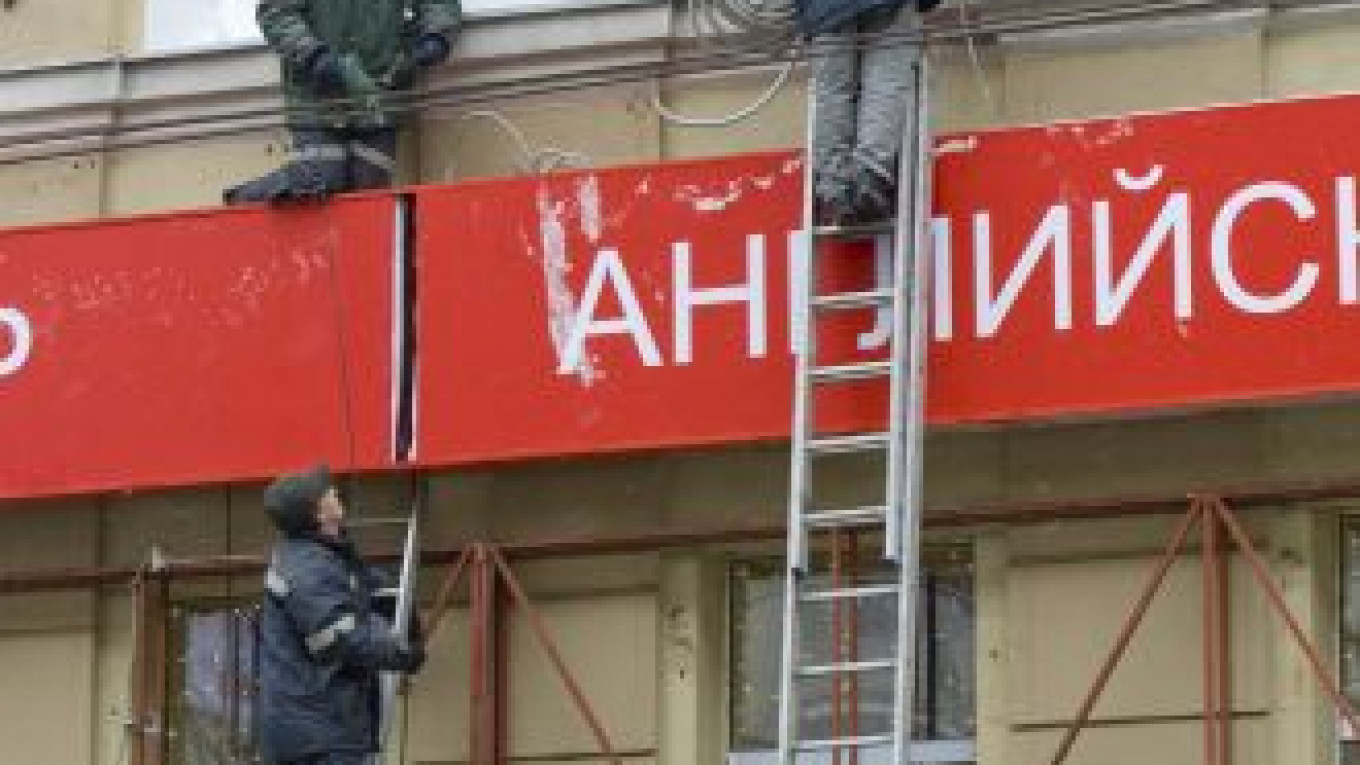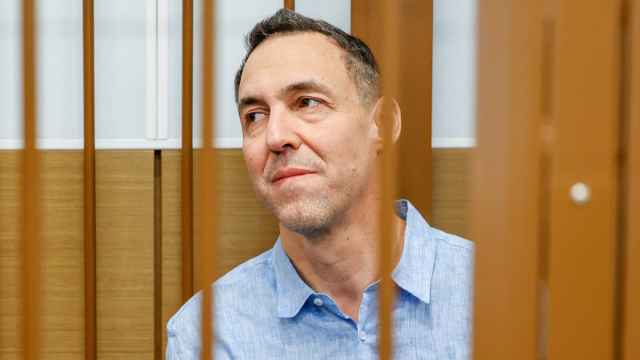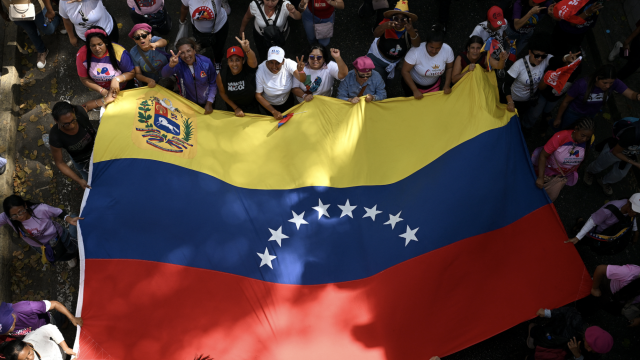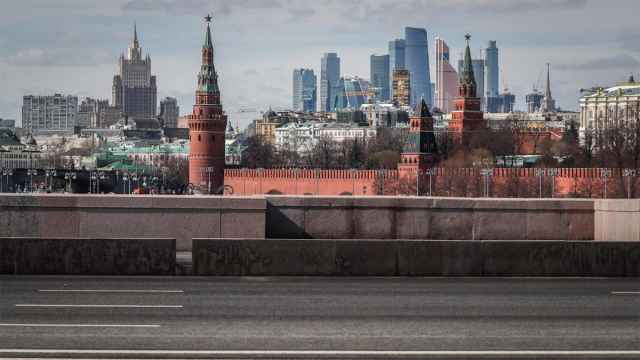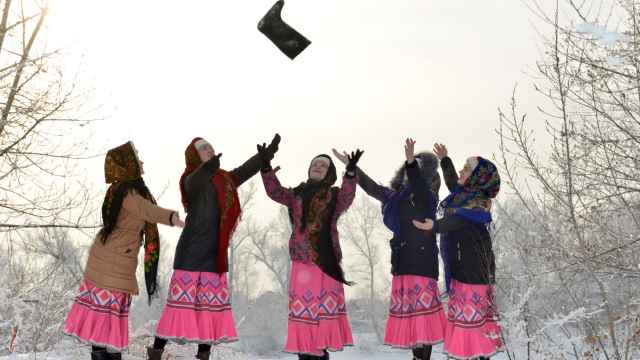For the first time, the government has exempted entire sectors — medicine and education — from the profit tax. Officials are hoping for an investment boom in those industries, but the market is predicting rather more modest results.
A list of educational and medical services that are no longer subject to the profit tax was published on the government web site Wednesday. Now clinics, schools and institutions of higher education can take advantage of the tax benefits spelled out in the Tax Code of January 2011, which could not come into effect until the list was compiled.
Until now, only the Central Bank and residents of Skolkovo were fully exempt from the profit tax. Residents of special economic zones were partially exempt.
The new benefits will stimulate the development of private educational and medical services, so that they will be better able to compete with the government in those areas, Economic Development Ministry deputy department head Tatyana Ilyushnikova said.
"The quality of the services should improve as a result," she said. "In the long term, prices may fall as well."
All education is exempted, including postgraduate. Almost all licensed forms of medical services, including cosmetology, are exempt as well. That makes life simpler for clinics, Ilyushnikova said — all they will have to do is show their licenses to the tax inspectors.
Simultaneously, plans are being made to transfer some state orders for medical and educational services to private companies, a member of the government staff said.
"State orders and the tax benefits should make the social sector, especially medicine, maximally attractive for investors. The income may not be as high as in the financial sphere, but it's stable," the source said.
Private clinics now make up about 5 percent of health-care facilities in Russia. The average profit margin of a private clinic in Moscow is 20 to 30 percent. In other areas of the country, it is 20 to 23 percent, said David Melik-Guseinov, director of Cegedim Strategic Data.
According to BusinesStat, the most profitable companies on the Russian medical market are the Medsi chain — which belongs to AFK Sistema, Medetsina and the European Medical Center. The Ingosstrakh and Alfa-Strakhovaniye insurance companies also have their own chains of clinics.
The tax exemption will mean savings of 50 million to 70 million rubles ($1.63 million to $2.28 million) a year for Medsi, a company spokesman said, citing vice president Maxim Vladimirov. The Medsi spokesman and Invitro finance director Natalya Baranova both said the money saved would be used for development, rather than lowering the prices of their services.
Social taxes are much more important than the profit tax for educational and medical institutions, since payroll makes up a large part of their expenses, said HSBC analyst Alexander Morozov.
"If social payments are raised but the profit tax is lowered, the overall effect will still be negative," he said.
A Message from The Moscow Times:
Dear readers,
We are facing unprecedented challenges. Russia's Prosecutor General's Office has designated The Moscow Times as an "undesirable" organization, criminalizing our work and putting our staff at risk of prosecution. This follows our earlier unjust labeling as a "foreign agent."
These actions are direct attempts to silence independent journalism in Russia. The authorities claim our work "discredits the decisions of the Russian leadership." We see things differently: we strive to provide accurate, unbiased reporting on Russia.
We, the journalists of The Moscow Times, refuse to be silenced. But to continue our work, we need your help.
Your support, no matter how small, makes a world of difference. If you can, please support us monthly starting from just $2. It's quick to set up, and every contribution makes a significant impact.
By supporting The Moscow Times, you're defending open, independent journalism in the face of repression. Thank you for standing with us.
Remind me later.


